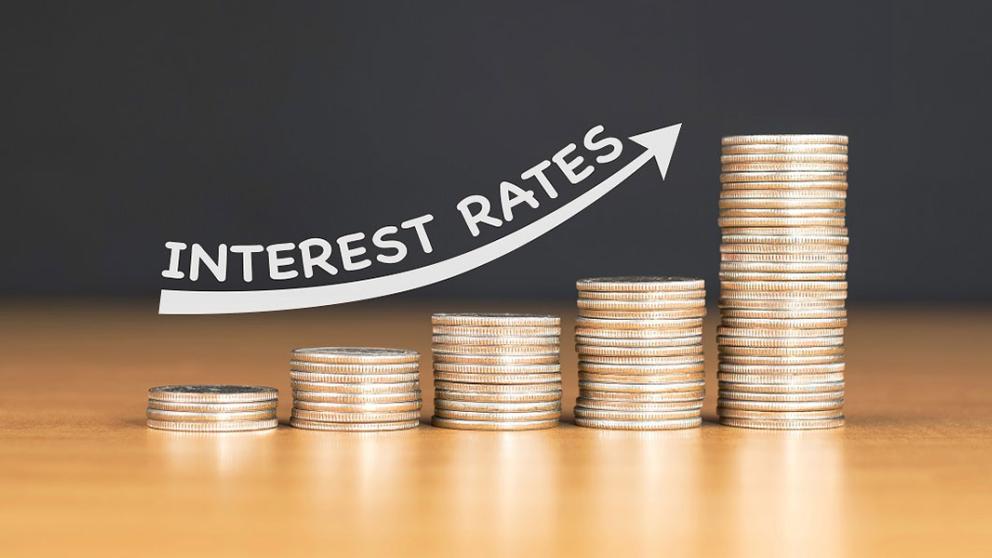Expert comment: Rate rise may not be enough to restore fiscal sanity

As the Bank of England raises interest rates yet again, our experts look at what is happening in the economy and what might be to come.
Dr Maria Rana said: "Today’s rise comes at a time of concerning surging inflation (9% in April, the highest since 1982), economic contraction (according to the latest figures published by the ONS, in fact, the UK GDP contracted by 0.3% last April, after a decline of 0.1% in March), and a weak pound (the pound sterling, in fact, has reached its lowest in 13 months against the euro and dropped below $1.21 for the first time since the beginning of the pandemic) .
"According to the Organization for Economic Cooperation and Development’s (OECD) latest economic output report, the UK GDP is expected to increase by 3.6% in 2022, but projected to stagnate in 2023. Inflation is also expected to keep rising and reaching over 10% at the end of 2022 mainly because of labour and supply shortages and high energy prices due to supply chain disruption, the war in Ukraine, and yes also Brexit. The OECD, however, expects inflation to gradually decline to 4.7% by the end of next year. Private consumption is also expected to slow down as the increase in the general level of prices will affect households’ income. Additionally, according to the OECD A tight labour market will help to keep unemployment low.
"The OECD also recommends that monetary policy continues to slowly normalise rather than accommodate, to help bring inflation to its target . However, it also emphasises the role of fiscal policy , hence Government’s intervention, to “balance the gradual fiscal tightening with well-targeted support to protect vulnerable households from the rising cost of living and significant spending and investment needs to support productivity”."
"The actual question for this MPC is to decide how far to go with the rate rise. The MPC has only gone for another increase of 0.25%, this may not be enough.
"The breakdown of inflation suggests that people are consuming, spending, and borrowing as if there is no tomorrow. That is causing an upward inflation spiral.
"Recent data suggest that out of 9.5% of inflation, 5.5% is contributed by goods and services consumption. The threat is that the trend may balloon as EY predicts that consumer borrowing will increase to 7.9% this year, a five-year high.
"In this context, BoE is duty-bound to curtail this buy now pay later culture and inhibit the widespread and un-accounted for consumption. The more the bank increases the rate beyond expectations (above 0.50%), the more quickly this irrational exuberance will end, and fiscal sanity will prevail."
For all press office enquiries please email communications@salford.ac.uk.
Share:
